Buy Zptropin ZPHC HGH 160 IU Kit Online
From $198.00
Zptropin is a synthetic human growth hormone used to treat growth hormone deficiency. It is injected subcutaneously using an insulin syringe. The kit of Zptropin contains 10 vials of 16 IU each and comes with bacteriostatic water, totaling 160 IU.
Zptropin is a synthetic human growth hormone used to treat growth hormone deficiency in children and adults. It comes in a kit that contains 10 vials of 16 IU each and does not include bacteriostatic water.
Composition:
Each vial of Zptropin contains 16 IU of recombinant human growth hormone, which is produced by bacteria using genetic engineering techniques.
Uses:
Zptropin is primarily used to treat growth hormone deficiency. It can also be used to treat short stature in children, Turner syndrome, chronic renal insufficiency, and Prader-Willi syndrome.
HOW TO USE:
Zptropin is injected subcutaneously (under the skin) using an insulin syringe. The injection should be given at bedtime. The site of injection should be rotated to avoid developing lipoatrophy (loss of fat tissue at the injection site).
Dosage:
The recommended dosage for Zptropin depends on the individual’s weight, age, and the condition being treated. The usual dosage range for children is 0.16-0.24 mg/kg/day while the dosage range for adults is 0.15-0.3 mg/day.
Storage Conditions:
Zptropin should be stored in the refrigerator at 2-8°C. Once reconstituted with bacteriostatic water, it can be stored in the refrigerator for up to 14 days.
Mechanism of action:
Zptropin increases the rate of cell division and growth of bone and muscle tissue. It also stimulates the release of insulin-like growth factor-1 (IGF-1) from the liver, which promotes growth in other tissues.
Precautions:
Zptropin should not be used in patients with active cancer, diabetic retinopathy, or severe breathing problems. It should also be used with caution in patients with a history of pancreatitis, liver disease, or kidney disease.
Contraindications:
Zptropin is contraindicated in patients with a known hypersensitivity to the drug or any of the ingredients.
Interactions:
Zptropin may interact with certain medications, such as insulin, glucocorticoids, and thyroid hormone. Patients should inform their doctor of all medications they are taking before starting Zptropin.
Overdose:
Overdose of Zptropin can result in symptoms such as headache, nausea, vomiting, and fluid retention. In severe cases, overdose can cause hypoglycemia (low blood sugar) and adverse effects on the heart and central nervous system.
Side effects:
Common side effects of Zptropin include headache, nausea, vomiting, and injection site reactions. More serious side effects include increased risk of diabetes, intracranial hypertension, and progression of scoliosis. Patients should contact their doctor if they experience any side effects while taking Zptropin.
| Quantity | 1 Kit, 5 Kits |
|---|


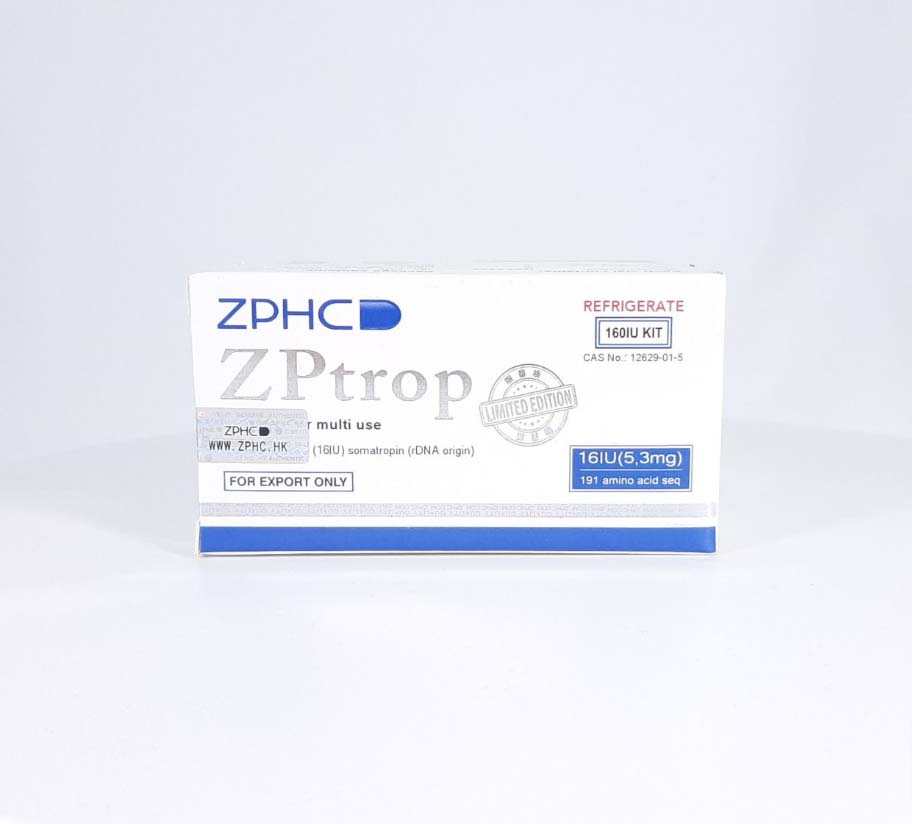
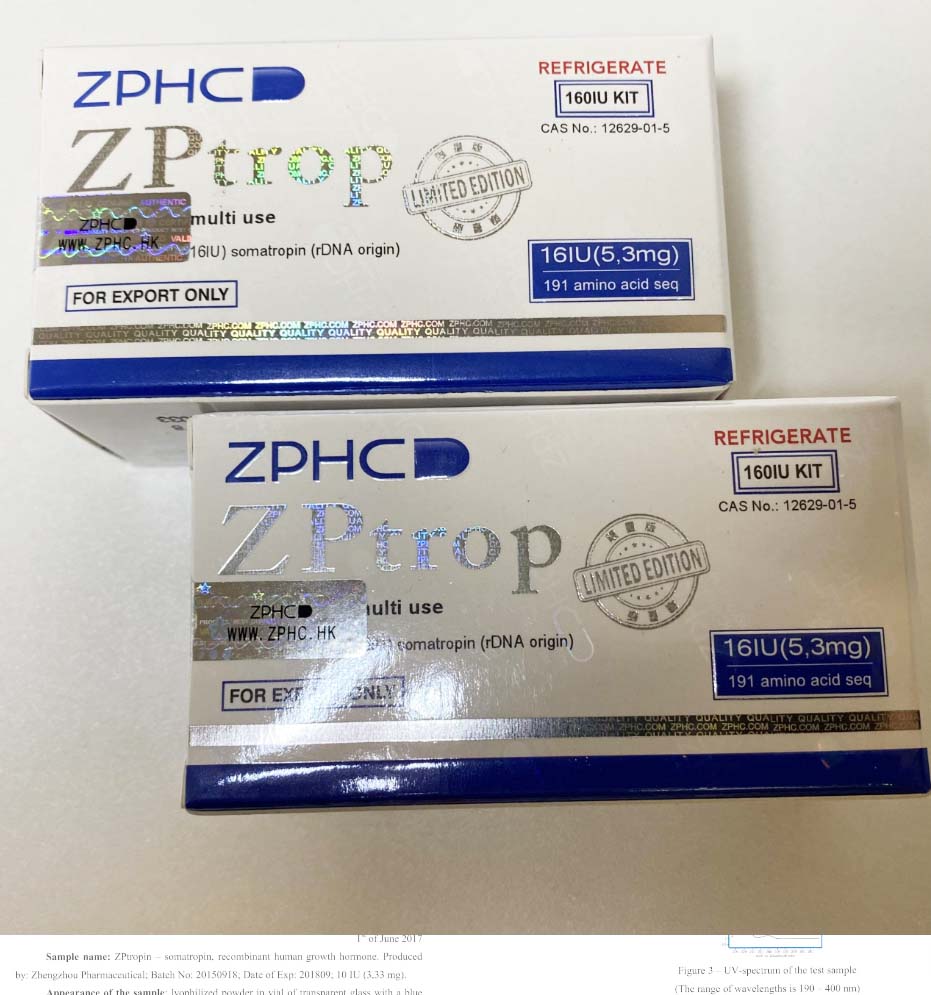
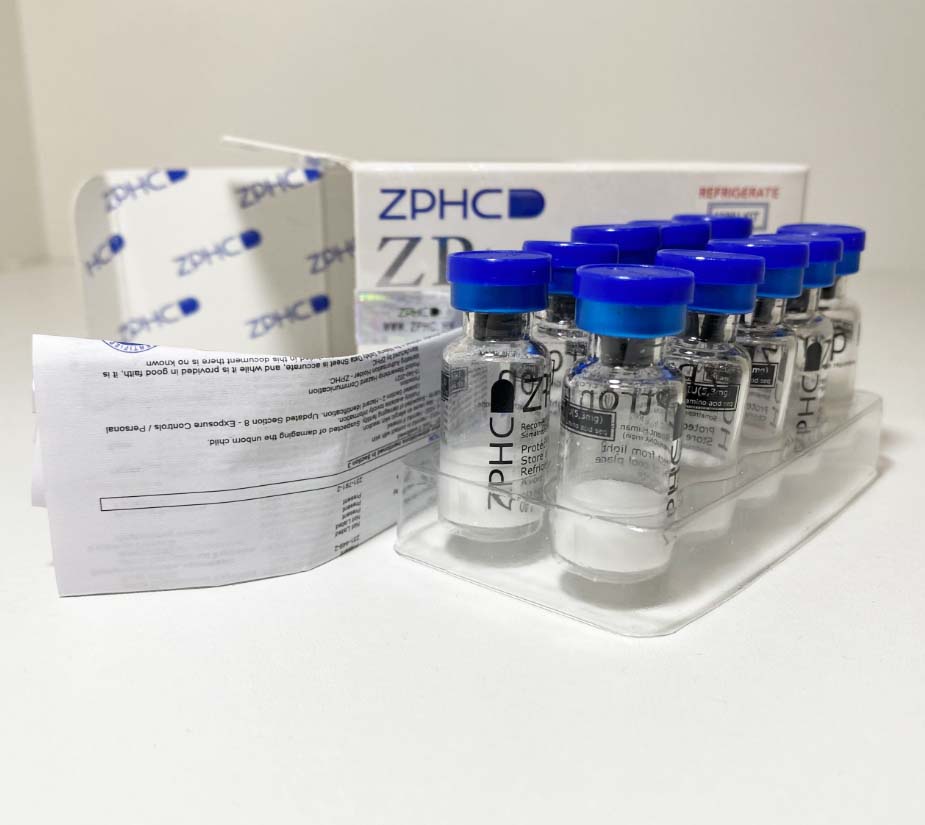
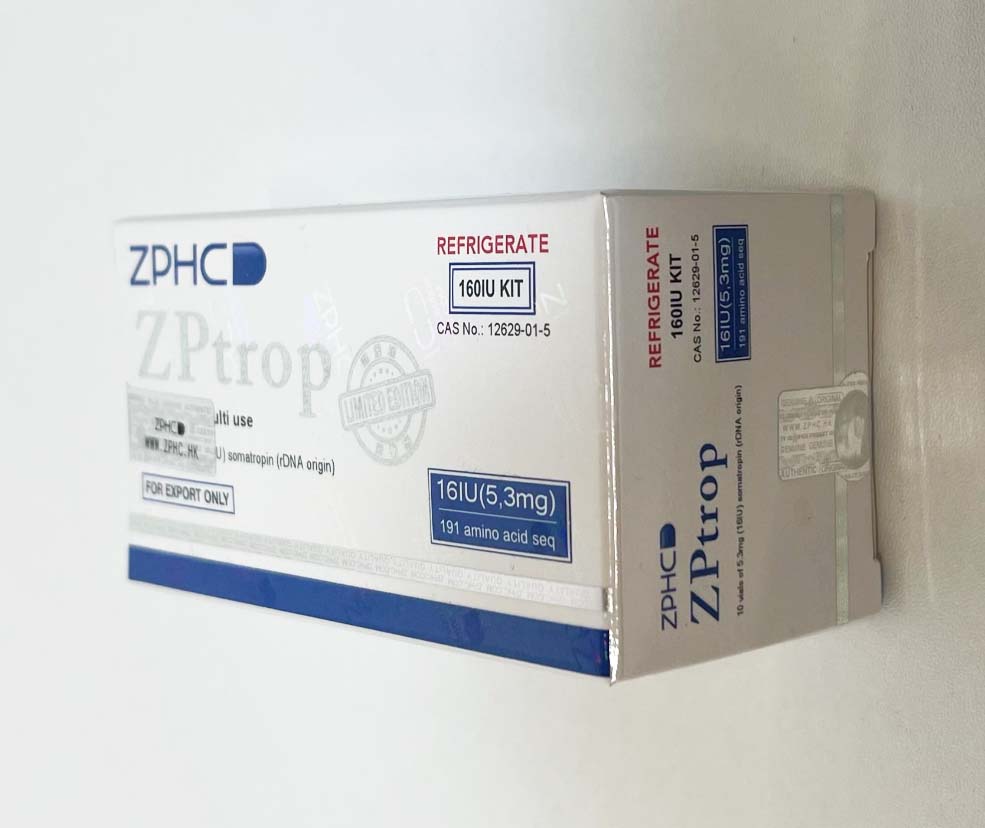
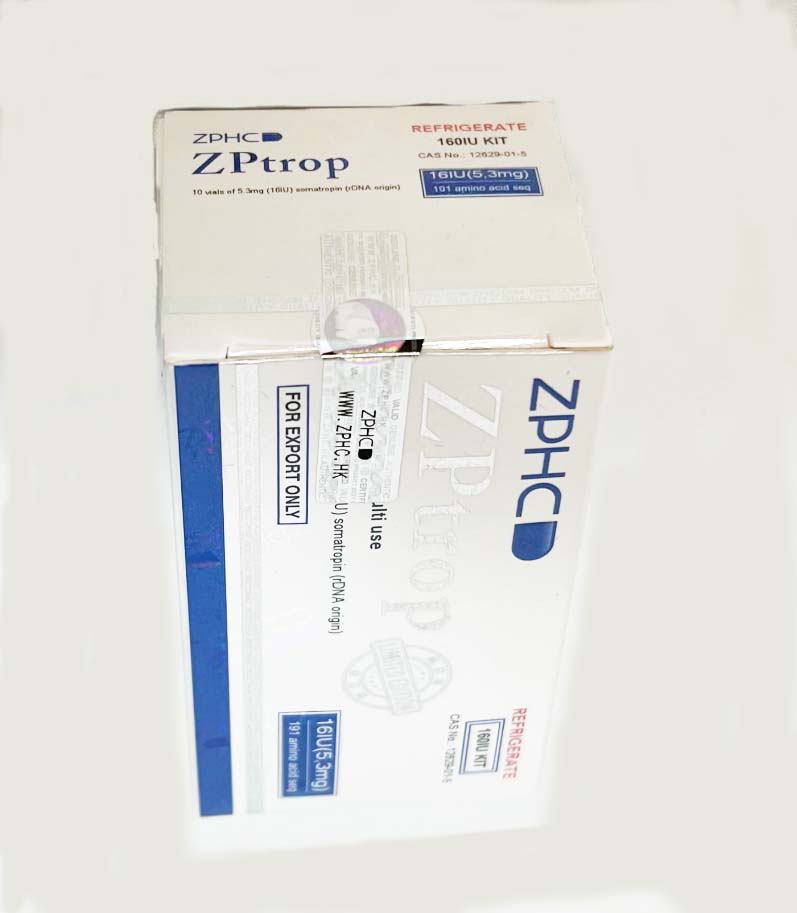


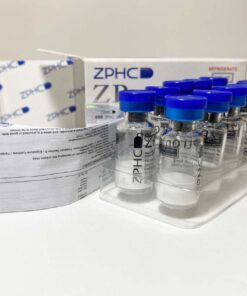
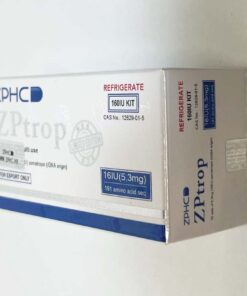


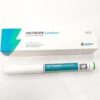





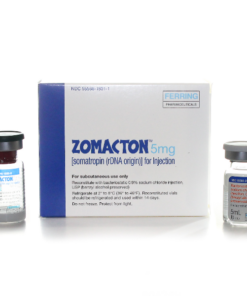
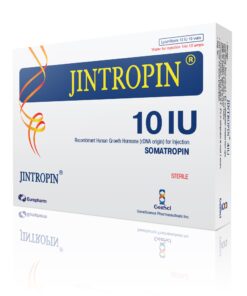


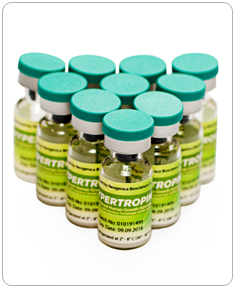

DB_OptimalHealth –
Zptropin has exceeded my expectations. My workouts feel more productive, recovery is quick, and I’ve noticed improved vitality overall. The product is reliable, effective, and easy to use. This is definitely a premium HGH for serious users.
Michael Turner –
Since starting Zptropin, my recovery after training has been noticeably faster. My energy levels are up, and I’ve gained lean muscle while losing some stubborn fat. The pen is convenient, and every dose feels consistent. This HGH truly delivers what it promises.
LB_StrengthBoost –
Zptropin delivers consistent results without side effects. My stamina, workout performance, and muscle fullness have all improved dramatically. It’s easy to use, and I feel confident knowing it’s a high-quality, genuine product. Definitely one of the best HGH options I’ve tried.
LD_HealthEdge –
I’ve been using Zptropin for over a month, and the effects are impressive. My muscle definition is sharper, recovery times are shorter, and my overall energy throughout the day has improved. It’s clear this HGH is pharmaceutical-grade and effective.
EP_FitJourney –
Zptropin has been fantastic for improving my recovery and energy levels. Within just a few weeks, I noticed leaner muscles and better endurance during workouts. The injections are smooth and easy to administer, and the product feels genuine and high-quality. Highly recommend for anyone serious about growth hormone therapy.
Mark Daniels –
Zptropin has been outstanding from start to finish. It’s given me lean, dry muscle gains, better sleep, and an overall feeling of wellness. My endurance has improved drastically, and I’m waking up more refreshed every morning. The purity and potency are exactly what you’d expect from top-grade HGH. A perfect choice for long-term use.
Laura Bennett –
Zptropin has helped me regain my energy and improve my physique in ways I didn’t expect. I’ve experienced steady fat loss, improved sleep, and stronger muscle tone. The product mixes crystal clear, which shows its purity. It’s definitely one of the best HGH products I’ve tried — safe, smooth, and consistently effective.
JP_RealResults –
I’ve been using Zptropin for a month now, and it’s exceeded my expectations. My muscle definition has improved noticeably, and I’ve been recovering much faster after heavy workouts. The vials are perfectly sealed, easy to use, and the quality is consistent. You can tell it’s a genuine, well-manufactured HGH. Highly recommend it for anyone serious about their progress.
Emily Ross –
After starting Zptropin, my recovery time after intense training has been cut in half. I also noticed improved skin quality and overall well-being. It feels like genuine, clean HGH — no side effects, just smooth, consistent results. My energy levels are stable throughout the day, and I’m more productive both in and out of the gym.
Ryan Foster –
Zptropin has been absolutely amazing — I’ve noticed a huge improvement in muscle tone, recovery speed, and energy levels. It’s smooth to mix, completely clear, and has that true pharmaceutical feel. Within weeks, I was sleeping deeper, waking up refreshed, and seeing visible lean muscle growth. Definitely one of the most reliable HGH products I’ve used.
Jacob Rivera –
Zptropin has been a great addition to my fitness routine. I feel more energized throughout the day, and my workouts have improved noticeably. The product is pure, smooth to use, and provides steady, visible results.
OChen_HealthyEdge –
After just a few weeks on Zptropin, I noticed better sleep, clearer skin, and increased lean muscle. The results came quicker than expected, and I’ve felt stronger and more balanced overall. Excellent value for such high-quality HGH.
Matthew Johnson –
Zptropin is one of the most consistent and effective HGH products I’ve tried. My energy levels improved, recovery time shortened, and my overall body composition looks tighter and more defined. Everything arrived sealed and professionally packed — highly recommended!
Michael Lewis –
Zptropin works wonders for anyone looking to boost performance and recovery. I feel more energized, my workouts are more productive, and my recovery time has decreased significantly. A great product!
Daniel White –
This supplement has improved my overall vitality and focus. Zptropin is easy to use and the results are consistent. I feel healthier, stronger, and more balanced than before.
James Carter –
Zptropin has helped me achieve noticeable improvements in muscle tone and strength. I feel more confident, energetic, and my training results have accelerated. Definitely worth it!
Mark Johnson –
Since starting Zptropin 160IU, I’ve noticed a real difference in my energy levels and overall performance. It helps me stay active throughout the day and recover faster after workouts. Very satisfied!
Brian Thompson –
Zptropin 160IU has exceeded my expectations. My strength and endurance have noticeably increased, and I feel healthier and more balanced. I trust this brand and will continue using it regularly.
Andrew Miller –
I’ve been using Zptropin 160IU for a few weeks now, and the results are impressive. I feel more energetic, my workouts are more effective, and overall vitality has improved. The product is high quality and easy to use.
Ethan S. –
Zptropin helped me bounce back from a long plateau. Improved stamina, quicker post-workout recovery, and even better skin — all within 4–6 weeks of use. It’s legit, and the 160 IU size is ideal for extended protocols. Will be reordering without hesitation.
Laura M. –
I’ve tried several brands over the years, but Zptropin stands out for its purity and reliability. The 160 IU kit makes it convenient to manage longer cycles, and I’ve had zero issues with mixing or dosing. I feel stronger, leaner, and more energized. Definitely recommend for anyone serious about quality HGH.
Chris D. –
Zptropin 160 IU has exceeded my expectations. Within the first month, I noticed improved muscle tone, faster recovery from workouts, and better overall sleep. It’s clear this is a high-quality HGH product. Easy to mix, smooth injections, and no side effects. Great value for the price.
Ophelia –
Using Zptropin has truly revitalized my daily energy and overall sense of well-being. Since starting, my skin looks healthier and more vibrant, and I’ve experienced improved mental clarity and stamina. It’s helped me feel younger and more balanced, tackling common signs of aging like fatigue and sluggishness. The product quality is top-notch, making it a great choice for anyone aiming to maintain vitality as they age.
Haydee –
After starting Zptropin, I noticed a significant reduction in muscle soreness and quicker recovery times after workouts. It also helped with joint comfort and overall tissue repair, allowing me to train more frequently without feeling worn out. The quality of this HGH is outstanding, and the results have been consistent and reliable. Perfect for athletes or anyone needing faster recovery.
Donald Johnson –
Zptropin helped me shed unwanted fat while preserving and even enhancing lean muscle mass. I noticed my body becoming more defined and vascular within weeks. Energy levels stayed consistent, and my workouts felt stronger and more productive. The precise dosing with the pen made the process easy and stress-free. Highly recommend for anyone focused on cutting or improving body composition.
Steven Garcia –
Zptropin exceeded my expectations with its high purity and effectiveness. From the first weeks, I experienced improved recovery, better sleep quality, and increased energy throughout the day. It helped me build lean muscle and reduce stubborn fat without unwanted side effects. The injection pen is easy to use and very precise, making daily dosing simple. For anyone looking for a reliable, pharmaceutical-grade HGH, Zptropin is an excellent choice.
John W. Ervin –
Zptropin improved my skin texture, energy, and overall vitality. I feel younger and more refreshed since starting it. A fantastic HGH option for anti-aging!
Ryan D. Crompton –
Zptropin helped me build lean muscle faster and improved my workout performance. Quality product with clear results. Highly recommend for muscle gains!
Robert Parker –
Zptropin really helped increase my energy and speed up muscle recovery. Easy to use with noticeable results in just weeks. Highly recommend!
James Jenkins –
Zptropin exceeded my expectations. After a few weeks of use, I noticed improved muscle tone, faster recovery, and increased energy. The product is genuine, easy to use, and comes well-packaged. No side effects so far, and the quality feels pharmaceutical-grade. Highly recommend for anyone looking for reliable HGH.
Andre Golz –
Zptropin exceeded my expectations. Easy to use, consistent results, and great for recovery and overall vitality. Will definitely keep it in my cycle!
Fred –
zptropin delivered noticeable improvements in recovery, energy, and lean muscle. Smooth injections, no side effects, and solid results. Great product!
SIOS –
Zptropin has been a great addition to my routine. I’ve noticed better sleep, faster recovery, and steady improvements in muscle tone and overall energy. It delivers reliable results at a great value. No side effects, and the quality feels consistent. Definitely worth trying if you’re looking for an effective HGH option!
Heath Howington –
I’ve been using Zptropin for a little over two months now, and honestly, I’m blown away. I wasn’t expecting results this noticeable—my sleep improved within the first couple of weeks, and I started seeing gains at the gym that I hadn’t had in years. Recovery time is way shorter, and I feel more alert during the day. Even my skin and overall mood seem better. I was skeptical at first, but now I’m all in. This stuff is legit.
danno0088 –
Zptropin has been one of the best decisions I’ve made for my health and fitness. I was feeling run-down, recovery was slow, and it felt like I was hitting a wall no matter how clean I ate or how much I trained. A buddy recommended Zptropin, and after a few weeks, I really started to feel the difference. More energy, better sleep, lean muscle coming back, and just a general feeling of well-being. It’s like my body finally got back into gear. Totally satisfied—this stuff works.